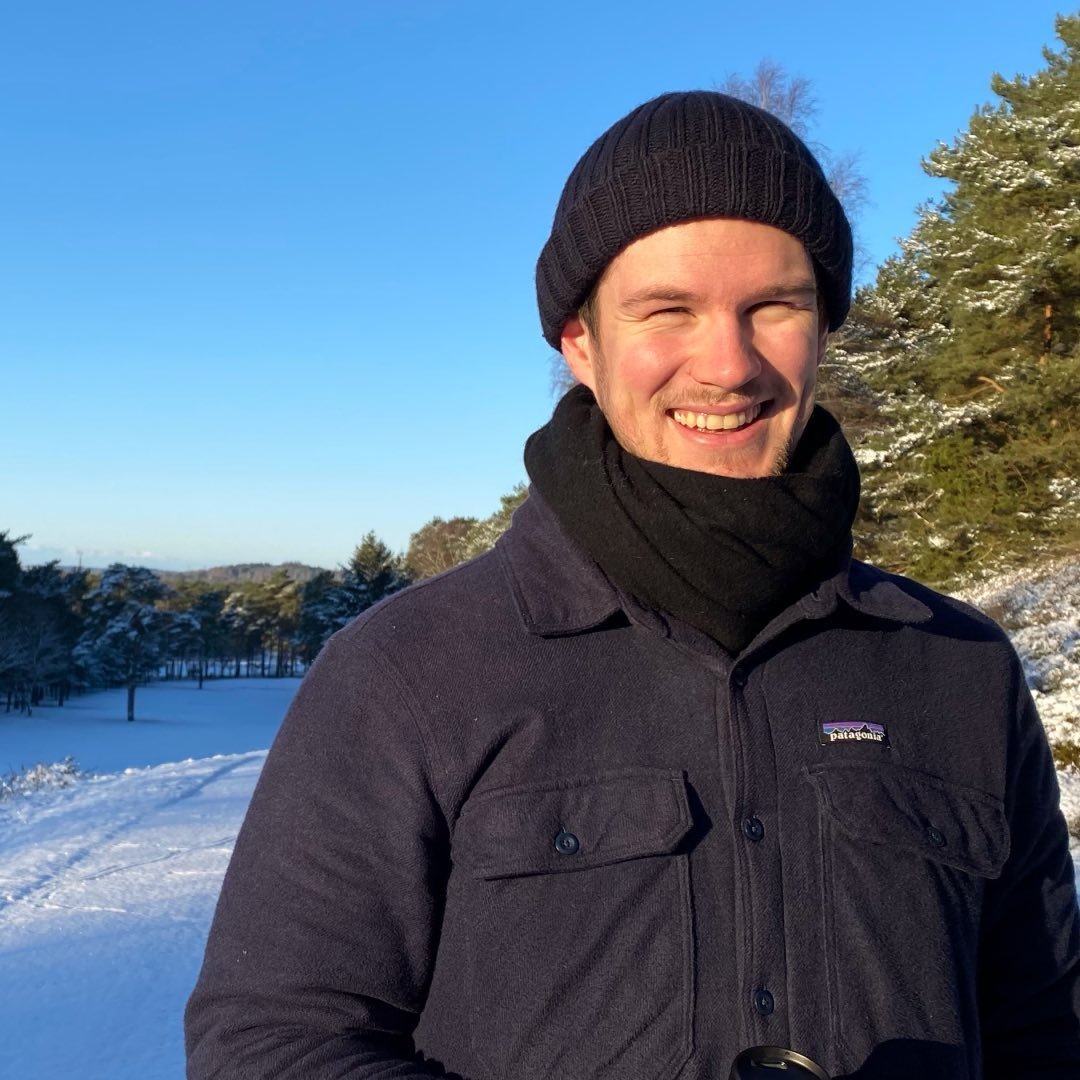When no one is an expert - Mapping research funding outcomes during Covid-19 in Denmark
IMC Tuesday Seminar: Talk by Emil Bargmann Madsen, Danish Centre for Studies in Research and Research Policy, Aarhus University
Info about event
Time
Location
IMC meeting room, Jens Chr. Skous Vej 4, building 1483, room 312 and online (https://aarhusuniversity.zoom.us/my/imcevents)

Abstract
Data on the effects of COVID-19 on scientific publishing output suggest that female and younger researchers have been especially disrupted. Large-scale investigations of published articles show that women have accounted for fewer-than-anticipated authorships, and that the general gap in publication productivity between genders have increased. This discrepancy may be partly explained by the heavier teaching, service, and caregiving roles that women, early-career researchers, and other minorities typically face.
Emerging evidence also suggests disproportionate negative effects of COVID-19 on funding applications and funding outcomes for women. The Canadian Institute for Health (CIHR) rapid response funding for COVID-19 research gave scientists just 8 days to submit their proposals. This funding call had a high success rate (44%), but 29% of applications were led by women, a drop of 7% from earlier funding rounds. Later calls, with extended submission deadlines, instead led to a doubling of successful applications from women.
The rapid need for increased funding in COVID-19 related research constitutes a special case, where large amounts of funding was allocated over very short time. How did this impact the distribution of funding in Denmark across different demographic groups, when some groups experienced more significant drops in uninterrupted time for work? In this project, we investigate (i) Who applied for and received research funding during the 2020 COVID-19 restrictions (March – Dec 2020) in Denmark? (ii) How do application and success rates for COVID-19 specific funding calls for men and women, and early versus later career researchers compare with regular (non-focused) funding calls in the same period? (iii) How do these rates compare with historical data patterns? Through a combination of automated web-scraping and surveys with successful grantees, we aim to illuminate how funding success differed across gender and career stage groups, if disparities interacted, and how these outcomes differed from “business as usual”.
Bio
Emil Bargmann Madsen is a former PhD student, now postdoctoral researcher, at the Danish Centre for Studies in Research Policy. He is broadly interested in issues of research funding distributions, gender inequality, and elite dynamics in science. Currently, his work is centered around analysing how double-blind peer review in grant competitions can help mitigate demographic bias in who gets funded, and how scientific elite formation and development unfolds across disciplines.
